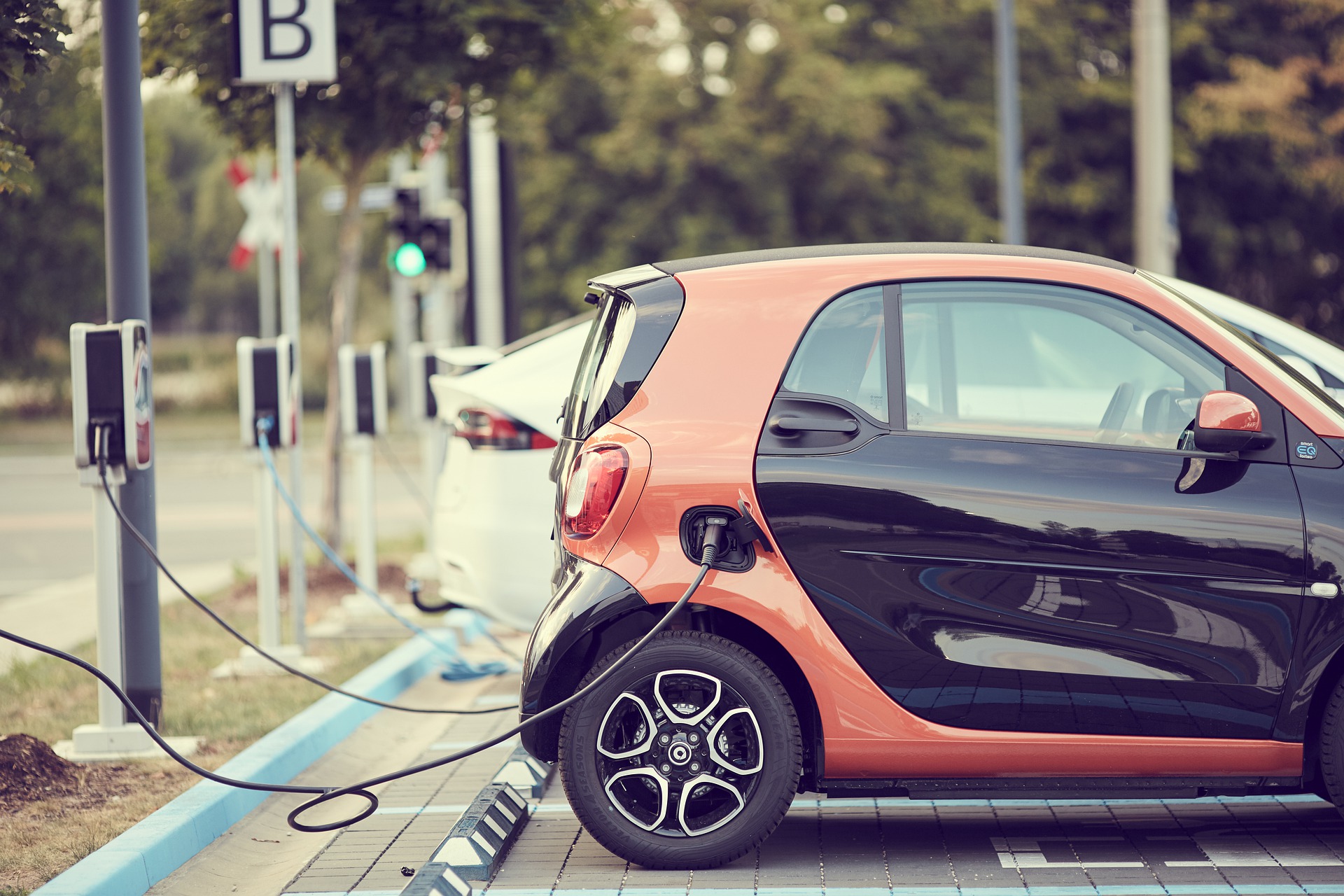

The environmentally conscious among us are often at a crossroads on what we can do to help mitigate the climate crisis—especially as the floods, fires, and droughts make the results appear more and more dire by the day. Even with major transitions to low-carbon economies and energy systems, expert consensus holds that the results are sure to be life-changing.
“People are desperate to do something,” Paul Ekins, a professor of resources and environment policy at the University College London, Institute for Sustainable Resources, says in a press release. “But too often they get trivial advice, such as pre-rinsing dishes before putting them in the dishwasher.”
One foil for this sense of helplessness that has made appearances in policy circles throughout the years is personal carbon allowances, or PCAs. Back in the early 2000s, British policymakers considered a “credit card” of sorts that would allow UK residents to monitor their carbon usages—and trade for more or less carbon credits if need be. This already exists on a big scale for some economies, countries, and industries through policies called cap-and-trade. The idea was thought to be ahead of its time by the UK government and was eventually booted, but now, with years of technology improvements, researchers including Ekins, think now is the time to rev up the PCA idea again—and detailed their findings in Nature Sustainability earlier this month.
[Related: What companies really mean when they say they’re ‘net-zero’.]
“Life changed in ways we didn’t think possible just a year before the pandemic,” says lead author Francesco Fuso-Nerini, director of the Climate Action Centre at the KTH Royal Institute of Technology in Stockholm. We all had to learn quickly how to track and manage our health, be it through apps, contact tracing, and rapid communication, he says. Taking that knowledge, and the responsibility of our health, could be useful in amping up our response to climate change. “Maybe those changes resulted in people realizing that in global crises, in these times, there are some shared responsibilities.”
Understanding PCAs
A simple way to think about PCAs is to think about how you and siblings might have traded chores around the house when you were kids. Say you and your sibling both got $5 for baseline chores. If you wanted an extra buck to go to the movies, the easiest way to get that done without prodding your parents for more cash was to pick up a few of your sibling’s chores to try for that sweet, sweet bonus dollar.
Carbon allowances work pretty much the same way. Everyone starts with a baseline amount. Right now, that could cover how much electricity you use at home, travel budgets, and the impact of your food—with more investigation into other products in the future, Fuso-Nerini says. But if you want to take a long flight or have a big fancy car or something else that pushes out a lot of carbon, you may need more credits than you initially get.
Trading comes in when your allotment doesn’t exactly fit your lifestyle. If a household isn’t using their full allotment, they can sell or trade to those who need more credits. Typically, people with lower incomes have lower carbon footprints than their high-income counterparts, says Fuso-Nerini, so these systems could provide a boost for families who might need it.
Even simply knowing what your carbon footprint is, and how you stack up next to your neighbors, can motivate folks to rethink their own footprints. “PCAs are designed to use three interlinked mechanisms to affect behavioral change: economic, cognitive, and social,” Ekins says.
The impact on big business
Fuso-Nerini notes that PCAs aren’t an attempt to put all of the responsibility back on consumers. Existing cap-and-trade measures work to make low-carbon companies and industries more affordable, putting the pressure on big emitters to pay up or figure out a greener plan. “Personal carbon allowances are definitely not about shifting the responsibility to individuals,” he says. “There’s a lot of responsibility on those big companies themselves.”
[Related: What is ‘degrowth’ and how can it fight climate change?]
To return to our childhood allowance analogy: If the movie theater was hacking up prices to $10 a ticket, and we were all still just getting $5 a week, there’s a decent chance we’d be looking for a more affordable way to spend our Friday night. Better yet, the movie theater would have to rethink its prices to keep people coming. In the same way, if businesses want people to keep buying their products and services, but we all are beholden to carbon allowances, it’s on them to find ways to keep selling stuff for a lighter carbon footprint.
While there aren’t any national policies in place, PCAs have been utilized in communities across the globe, notably Lahti, Finland, which was recently voted the European Green Capital for 2021. The city’s 120,000 residents had the option to opt-in to a PCA program to monitor and trade allowances for carbon emissions linked to travel and mobility. According to the city, 3,000 people downloaded the app, and one in three users declared reduced motility emissions.
Now, Fuso-Nerini says it’s time to reconsider upping these policies to a bigger level, and consider how to help people who are dependent on fossil fuel-intensive industries adjust. At the end of the day, industries and countries still hold the vast majority of responsibility for the climate situation we’re in today, but doing what we can to nudge big emitters in the right direction is a good place for individuals to start.
